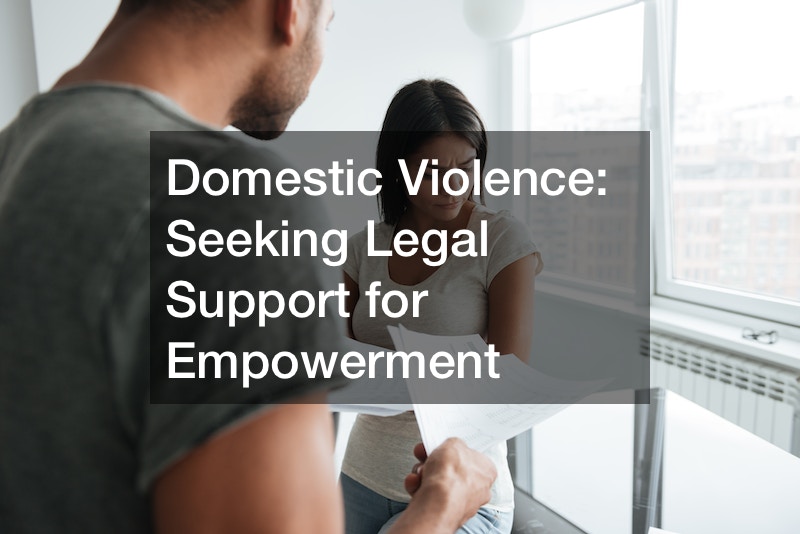
Domestic violence is a pervasive issue that affects individuals across various demographics, transcending age, gender, and socioeconomic status. Understanding what constitutes domestic violence is crucial for both identifying and addressing this deeply rooted problem. It is a pattern of abusive behavior within a relationship intended to gain or maintain power and control over another individual.
Often referred to as domestic abuse, relationship abuse, or intimate partner violence, it encompasses various forms, including physical, emotional, sexual, economic, and even spiritual abuse. Recognizing the signs and seeking help is essential for breaking the cycle of abuse.
Forms of Domestic Violence
- Physical Abuse: This involves acts such as slapping, hitting, strangulation, or assault with a deadly weapon. Denying medical care or forcing substance use can also be part of physical abuse.
- Emotional Abuse: Coercive control, psychological abuse, or constant verbal criticism falls under emotional abuse. It undermines an individual’s self-worth, isolating them from support systems.
- Sexual Abuse: This form includes forcing or pressuring a partner into unwanted sexual acts, manipulating through explicit photos, or restricting access to birth control.
- Economic Abuse: Making an individual financially dependent by controlling financial resources, forbidding work, or misusing personal information is economic abuse.
- Spiritual Abuse: Forbidding religious practices or manipulating beliefs falls under spiritual abuse. The abuser may justify abuse through religious scripture.
Understanding these forms is crucial because abuse isn’t always physical and can be more challenging to detect when it involves emotional, sexual, economic, or spiritual aspects.
Breaking the Silence: Seeking Legal Support
Empowerment often starts with breaking the silence and seeking legal support. A domestic violence law firm can play a crucial role in providing assistance, guidance, and protection for survivors.
Legal support may involve obtaining restraining orders, securing custody arrangements, and navigating the complexities of the legal system. A domestic violence law firm understands the nuances of these cases and can provide the necessary expertise to help survivors make informed decisions.
Resources and Support
For those experiencing domestic violence, numerous resources are available. Domestic violence shelters, numbering close to 3,000 in the US and Canada, offer a safe haven and support. The National Domestic Violence Hotline (1-800-799-7233) provides anonymous assistance and guidance, as does a hotline specifically for young people (1-866-331-9474).
Online platforms like domesticshelters.org offer a wealth of information, from safety planning to understanding legal procedures. Articles cover various topics, including creating safety plans, securing orders of protection, and healing after leaving an abuser.
Survivors, as they are empowering themselves, are often referred to as survivors instead of victims. This shift in language signifies strength, resilience, and the journey towards reclaiming control over one’s life.
Conclusion
Empowerment begins with understanding that abuse is never the survivor’s fault. Seeking legal support is a pivotal step toward breaking free from the cycle of domestic violence. A domestic violence law firm can provide the necessary legal expertise and guidance to navigate the legal process, ensuring the survivor’s rights and safety are prioritized.
By fostering awareness, providing support, and encouraging survivors to speak out, we contribute to creating a society that stands against domestic violence. It’s a collective effort to break the silence, empower survivors, and promote a future free from the shackles of abuse.
.



